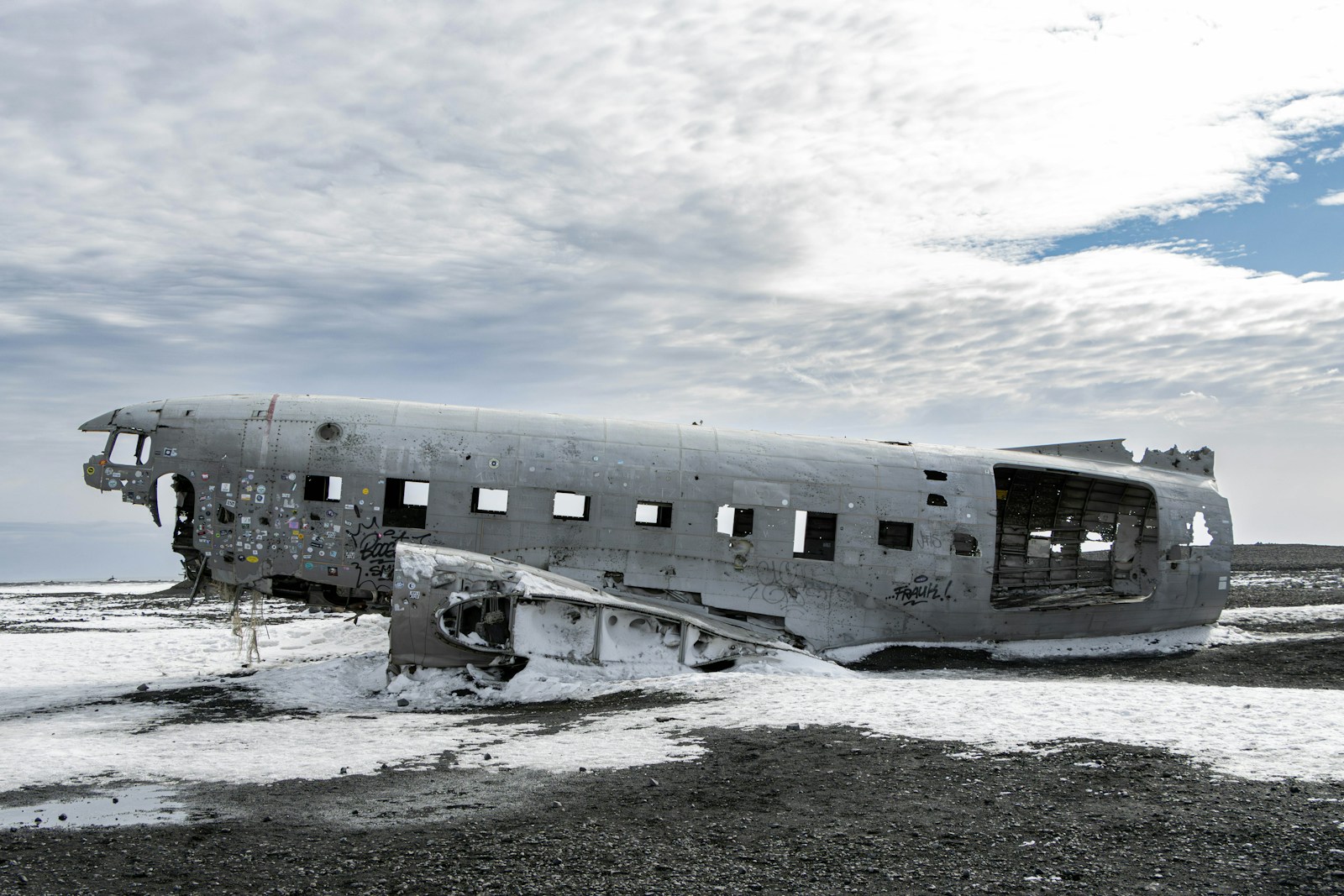
撞
zhuàng

crash
The Chinese word for 'crash' is '撞'. This is a verb where it can be used in context to describe an accident or collision, like a car crash, or metaphorically to describe a sudden failure like a system crash.
Example sentences using: 撞
他撞到了椅子。
tā zhuàng dào le yǐ zi.

He bumped into the chair.
This sentence uses 撞 (bump into) to describe the action of someone coming into contact with an object, in this case, a chair.
那辆车撞了一棵树。
nà liàng chē zhuàng le yì kē shù.

The car hit a tree.
This sentence uses 撞 (hit) to describe an accident event, where a car collides with a tree.
她撞開門進來的。
tā zhuàng kāi mén jìn lái de.

She burst in through the door.
This sentence uses 撞開 (burst open) to describe how the subject (she) enters a room forcibly by pushing the door.
我差點撞到他。
wǒ chà diǎn zhuàng dào tā.

I almost bumped into him.
This sentence uses 撞到 (bump into) to describe a near-miss incident between the speaker and another person.
他们撞球去了。
tā men zhuàng qiú qù le.

They went to play billiards.
In this sentence, 撞球 (billiards) is used as a compound word. It directly translates to 'bump balls', but it refers to the game of billiards.
他把頭撞在牆上。
tā bǎ tóu zhuàng zài qiáng shàng.

He banged his head against the wall.
The verb 撞, means to bump or hit, is used here to describe the action of the subject (he) hitting his head on the wall.
孩子們正在公園裡撞球。
hái zi men zhèng zài gōng yuán lǐ zhuàng qiú.

The children are playing billiards in the park.
撞球 is used here as a compound word. Even though it translates literally to 'bumping balls', it’s commonly understood as playing billiards.
我不小心撞翻了咖啡杯。
wǒ bù xiǎo xīn zhuàng fān le kā fēi bēi.

I accidentally knocked over the coffee cup.
In this sentence, 撞翻 (knocked over) is used to describe an accident involving a coffee cup.
他一不小心撞斷了花瓶。
tā yī bù xiǎo xīn zhuàng duàn le huā píng.

He accidentally broke the vase.
This sentence uses 撞斷 (break) to describe an accident where a vase gets broken due to a collision.
那個球員撞倒了裁判。
nà gè qiú yuán zhuàng dǎo le cái pàn.

The player knocked down the referee.
In this sentence, 撞倒 (knocked down) is used to describe the action of a player causing a referee to fall down by collision.